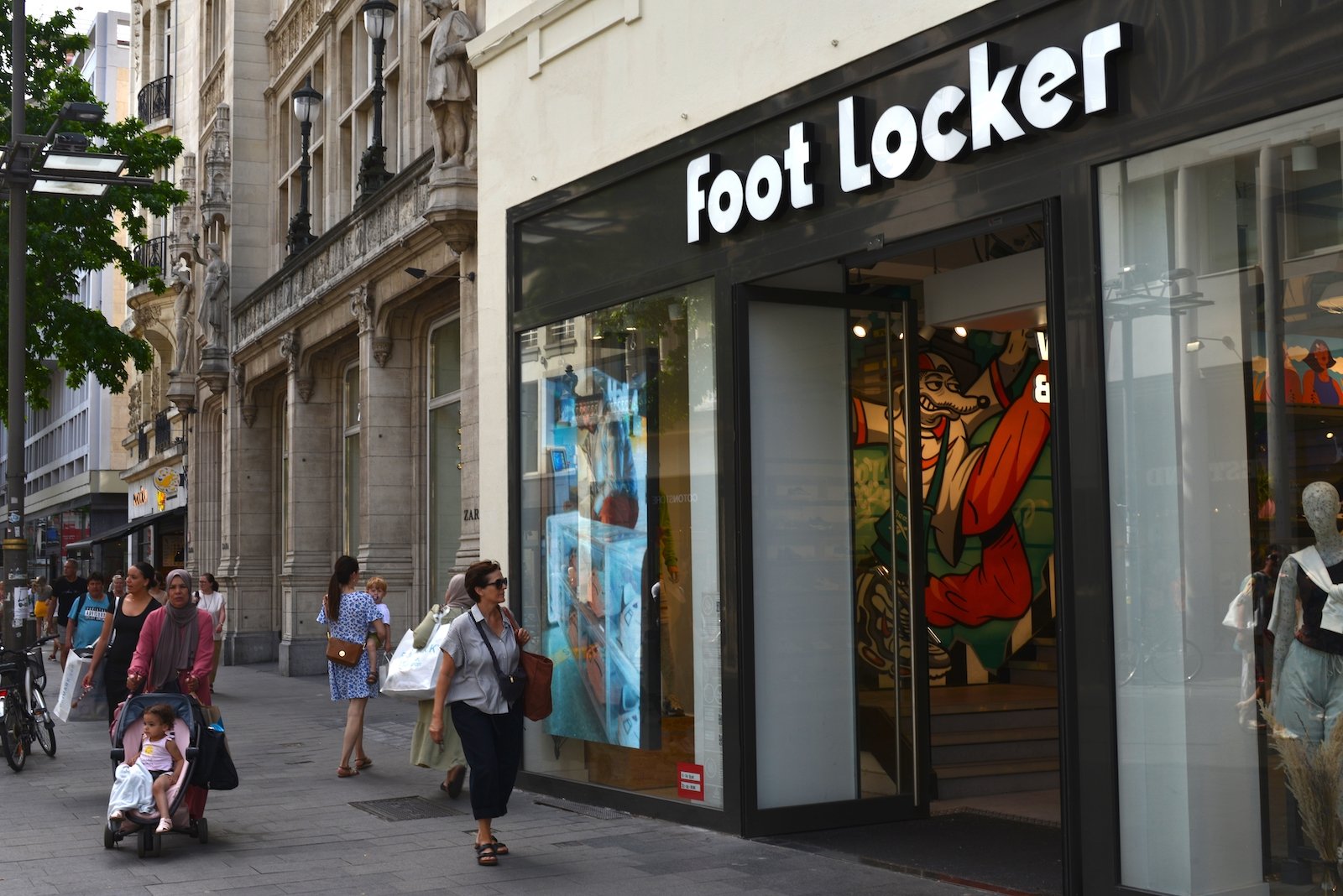The year 2024 has proven challenging for many businesses across the United States. A perfect storm of economic downturn, coupled with the relentless march of e-commerce, has forced countless companies to reevaluate their operations and make tough decisions.
In this article, we’ll explore some of the most prominent companies facing closures or reductions, examining the reasons behind their struggles and the broader impact on the economy
Family Dollar

Family Dollar, a business owned by Dollar Tree, since 2015, has struggled to compete and maintain profitability. They announced plans to close approximately 600 Family Dollar stores in 2024 alone to address the issue. This decision comes amidst reports of declining sales, increased competition, and operational difficulties. The closures are expected to impact thousands of employees and may leave some communities with limited access to affordable goods.
Tupperware

Tupperware, a once-iconic brand known for its airtight food storage containers, is facing serious financial challenges in 2024. Struggling with declining sales and mounting debt, the company announced the closure of its last U.S. production plant in Hemingway, South Carolina, shifting operations to Mexico. Tupperware’s reliance on a multi-level marketing model has also come under scrutiny, with many sales representatives earning minimal income. Adding to its difficulties, the company delayed filing its annual report and continues to face significant doubts about its ability to stay in business.
Rue21

Rue21, a popular teen apparel retailer, faces extreme financial crunch, forcing it to the verge of closure. This forced the firm to apply for Chapter 11 bankruptcy – the third time in its history, a decision that would result in the closure of all its stores nationwide. This latest bankruptcy filing comes after the company downsized significantly in 2017. The May 2024 bankruptcy closed all its 540 stores in the US, had $200 million worth of debt, and is laying off all of its 4,900 employees.
99 Cents Only

99 Cents Only Stores is permanently closing all of its 371 locations. This iconic discount retailer, known for its wide array of products at a single price point, announced the shocking news in April 2024. The decision to liquidate the company was made for a plethora of reasons, most important being economic challenges, changing consumer behavior, and increased competition. The closure has significantly impacted communities across California, Arizona, Nevada, and Texas, where the stores were primarily located.
CVS Health

CVS Health is undergoing a significant restructuring. The company has announced plans to close approximately 900 stores over three years. Its reasoning behind this stance includes population explosion, varying consumer trends, and future health needs. The company also faces challenges in its health insurance business, leading to a downward revision of its 2024 financial forecast.
Rite Aid

Rite Aid is undergoing a significant restructuring process. The company filed for bankruptcy in October 2023, a move aimed at addressing its substantial debt and improving its financial position. As part of this process, Rite Aid has announced plans to close hundreds of stores across the US. Twenty-seven of them are only in Michigan and Ohio. These closures are focused on underperforming locations and are intended to streamline operations and reduce costs.
Express

Express, a popular clothing retailer, is facing significant financial challenges. In April 2024, the company filed for Chapter 11 bankruptcy, forcing it to close approximately 100 stores. This decision was driven by declining sales, increased competition from both online and brick-and-mortar retailers, and a shift in consumer preferences.
Macy’s

Macy’s is transforming significantly to adapt to the changing retail landscape. The iconic department store chain plans to close approximately 150 stores over the next three years. This decision is driven by a need to optimize its store footprint, reduce costs, and focus on digital sales. While Macy’s remains a significant player in the retail industry, the closures reflect the challenges traditional brick-and-mortar retailers face in an increasingly online world.
The Body Shop

The Body Shop has faced significant challenges leading to its closure in the United States and Canada. Once a pioneer in ethical and sustainable beauty products, the company has struggled to maintain its market position in recent years. Cut-throat competition with its peers, steadily increasing patterns of customers, and economic downswing contributed to its decline. Despite having an enviable reputation and strong customer base, The Body Shop could not overcome these hurdles. The company filed for bankruptcy and ultimately ceased operations in the United States, while many Canadian stores are also closing soon.
Soft Surroundings

The women’s apparel and home goods retailer filed for Chapter 11 bankruptcy in September 2023 and closed all its brick-and-mortar stores. While Coldwater Creek has acquired the brand and will continue to operate online, the closure of physical locations marks the end of an era for Soft Surroundings. Changing consumer preferences, economic challenges, and increased competition contributed to the company’s downfall.
Foot Locker

The athletic footwear and apparel retailer plans to close approximately 400 stores across North America by 2026. This decision is part of the company’s “Lace Up” strategy, aiming to improve profitability and cater to younger consumers. Foot Locker has faced challenges due to changing consumer preferences, increased competition from online retailers and sporting goods stores, and economic headwinds. While the company invests in new store concepts and digital initiatives, the store closures indicate the challenges traditional brick-and-mortar retailers face in the evolving retail landscape.
Big Lots

The discount retailer has reported declining sales and increased losses, leading to the decision to shut down up to 315 locations nationwide. This represents a major restructuring effort as the company seeks to improve its financial performance. While the locations of the closures have not been fully disclosed, it is clear that this will substantially impact employees and communities where Big Lots stores operate. The company hopes that by closing underperforming stores, it can focus resources on more profitable locations and ultimately return to profitability.
Walmart

Walmart, the retail giant, is making headlines in 2024 with its decision to close several underperforming stores across the U.S. This move is part of a broader strategy to optimize its store footprint and focus on more profitable locations. The closures, which include stores in urban and rural areas, reflect Walmart’s shift toward bolstering its e-commerce operations and enhancing customer experiences in its remaining locations.


